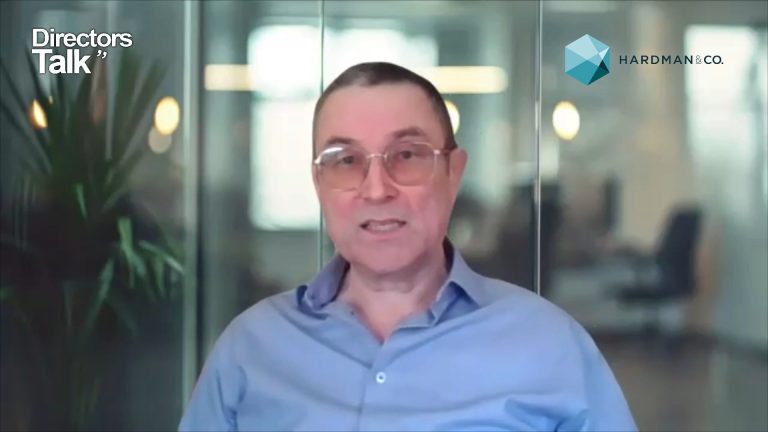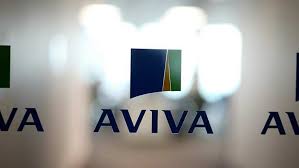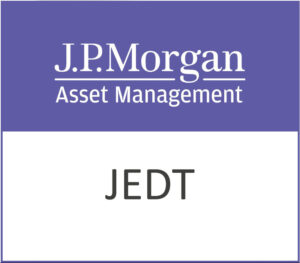In this note, we demonstrate how the strength of Pantheon International plc (LON:PIN) primary platform and the active management of its portfolio add value in the attractive secondary (30% of the portfolio) and co-investment (33%) strategies. PIN’s key competitive advantages come from leveraging its often decades-long relationships with high- quality PE managers, its scale and expertise (including due diligence of managers and direct investments), a focus in the mid-market (where PE can add the most value to underlying companies) and a conservative approach to liquidity. The portfolio is now evenly split between direct/single asset holdings and funds.
- Platform strength: Pantheon International’s strong platform across all strategies and its close general partner (GP) relationships bring advantages in i) origination – introductions, access to deals, ii) information – company performance, valuations, managements, market trends, deal structures, iii) speed to deal completion, and iv) expertise in investment diligence and management.
- Active management: PIN leverages this strong platform with i) expertise in manager and asset due diligence, ii) a solution-driven deal approach, iii) streamlined processes, delivering rapid decisions, iv) portfolio construction, v) through-cycle capital certainty, and vi) post-investment value-added input.
- Valuation: PIN shares trade at a 17% discount to NAV, despite their long-term outperformance. We believe the “real” NAV is likely to be above the book value on the accounting date, given the consistent uplift to carrying value achieved on exits. The weighted average uplift achieved on exit in FY21 was 26%.
- Risks: We note i) sentiment to the economic cycle (NAV rose every year in the 1990s’ recession, and in FY20), ii) adverse sentiment to illiquid and unquoted investments (PIN has permanent capital and proven exit uplifts), and iii) that sentiment to the sustained discount could be an issue. Short term, there could be forex volatility.
- Investment summary: Pantheon International is in an attractive market, can pick the best part of that market and has competitive operational advantages. Its manager and deal selection, and portfolio structuring, add value. To end-Sep21, this delivered 12.2% annual NAV growth since inception in 1987. Corporate governance is strong, and the NAV is conservatively valued. Investors get liquid access to the global PE market. There are risks around the cycle, and illiquid and unquoted underlying assets. The discount appears anomalous with risk-adjusted returns.










































